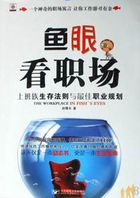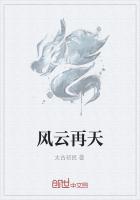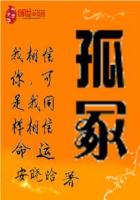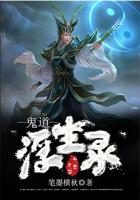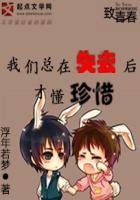Adanson, the French botanist, was about seventy years old when the Revolution broke out, and amidst the shock he lost everything--his fortune, his places, and his gardens. But his patience, courage, and resignation never forsook him. He became reduced to the greatest straits, and even wanted food and clothing; yet his ardour of investigation remained the same. Once, when the Institute invited him, as being one of its oldest members, to assist at a SEANCE, his answer was that he regretted he could not attend for want of shoes. "It was a touching sight," says Cuvier, "to see the poor old man, bent over the embers of a decaying fire, trying to trace characters with a feeble hand on the little bit of paper which he held, forgetting all the pains of life in some new idea in natural history, which came to him like some beneficent fairy to cheer him in his loneliness." The Directory eventually gave him a small pension, which Napoleon doubled; and at length, easeful death came to his relief in his seventy-ninth year. Aclause in his will, as to the manner of his funeral, illustrates the character of the man. He directed that a garland of flowers, provided by fifty-eight families whom he had established in life, should be the only decoration of his coffin--a slight but touching image of the more durable monument which he had erected for himself in his works.
Such are only a few instances, of the cheerful-working-ness of great men, which might, indeed, be multiplied to any extent. All large healthy natures are cheerful as well as hopeful. Their example is also contagious and diffusive, brightening and cheering all who come within reach of their influence. It was said of Sir John Malcolm, when he appeared in a saddened camp in India, that "it was like a gleam of sunlight,.... no man left him without a smile on his face. He was 'boy Malcolm' still. It was impossible to resist the fascination of his genial presence." (3)There was the same joyousness of nature about Edmund Burke. Once at a dinner at Sir Joshua Reynolds's, when the conversation turned upon the suitability of liquors for particular temperaments, Johnson said, "Claret is for boys, port for men, and brandy for heroes." "Then," said Burke, "let me have claret: I love to be a boy, and to have the careless gaiety of boyish days." And so it is, that there are old young men, and young old men--some who are as joyous and cheerful as boys in their old age, and others who are as morose and cheerless as saddened old men while still in their boyhood.
In the presence of some priggish youths, we have heard a cheerful old man declare that, apparently, there would soon be nothing but "old boys" left. Cheerfulness, being generous and genial, joyous and hearty, is never the characteristic of prigs. Goethe used to exclaim of goody-goody persons, "Oh! if they had but the heart to commit an absurdity!" This was when he thought they wanted heartiness and nature. "Pretty dolls!" was his expression when speaking of them, and turning away.
The true basis of cheerfulness is love, hope, and patience. Love evokes love, and begets loving kindness. Love cherishes hopeful and generous thoughts of others. It is charitable, gentle, and truthful. It is a discerner of good. It turns to the brightest side of things, and its face is ever directed towards happiness.
It sees "the glory in the grass, the sunshine on the flower." It encourages happy thoughts, and lives in an atmosphere of cheerfulness. It costs nothing, and yet is invaluable; for it blesses its possessor, and grows up in abundant happiness in the bosoms of others. Even its sorrows are linked with pleasures, and its very tears are sweet.
Bentham lays it down as a principle, that a man becomes rich in his own stock of pleasures in proportion to the amount he distributes to others. His kindness will evoke kindness, and his happiness be increased by his own benevolence. "Kind words," he says, "cost no more than unkind ones. Kind words produce kind actions, not only on the part of him to whom they are addressed, but on the part of him by whom they are employed; and this not incidentally only, but habitually, in virtue of the principle of association.".... "It may indeed happen, that the effort of beneficence may not benefit those for whom it was intended; but when wisely directed, it MUST benefit the person from whom it emanates. Good and friendly conduct may meet with an unworthy and ungrateful return; but the absence of gratitude on the part of the receiver cannot destroy the self-approbation which recompenses the giver, and we may scatter the seeds of courtesy and kindliness around us at so little expense. Some of them will inevitably fall on good ground, and grow up into benevolence in the minds of others; and all of them will bear fruit of happiness in the bosom whence they spring. Once blest are all the virtues always; twice blest sometimes." (4)The poet Rogers used to tell a story of a little girl, a great favourite with every one who knew her. Some one said to her, "Why does everybody love you so much?" She answered, "I think it is because I love everybody so much." This little story is capable of a very wide application; for our happiness as human beings, generally speaking, will be found to be very much in proportion to the number of things we love, and the number of things that love us. And the greatest worldly success, however honestly achieved, will contribute comparatively little to happiness, unless it be accompanied by a lively benevolence towards every human being.






